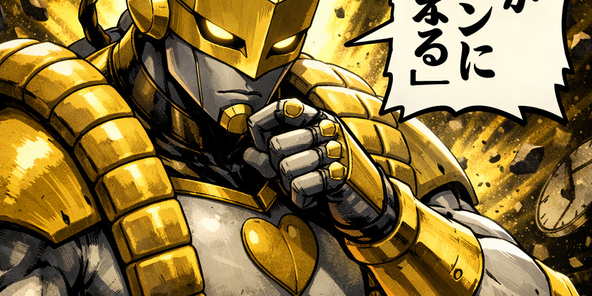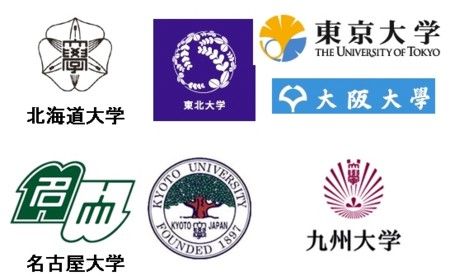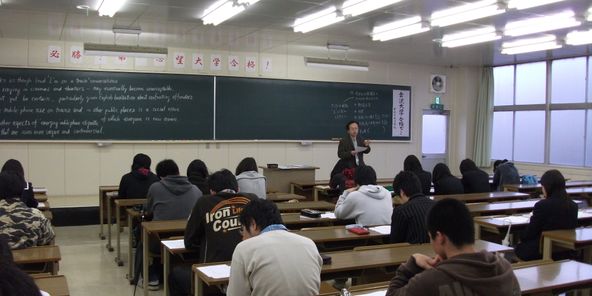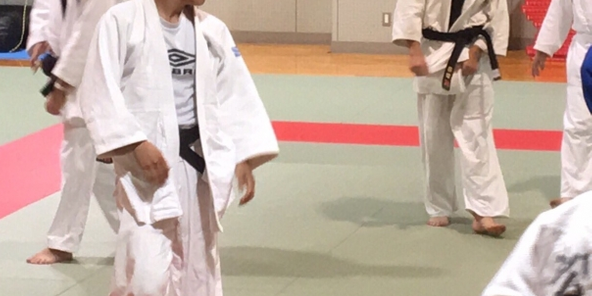

「旧帝・国立大学医学部」受験対策講座(16)
Great minds discuss ideas; Average minds discuss events; Small minds discuss people. (Eleanor Roosevelt)

英語の長文問題を苦手にしている人が多い。私が英検1級や京大二次試験で8割を超えられるのは英語力(文法、語彙)がすぐれているだけではない。いくら日本語が完璧な人でも、医学者や哲学書を読みこなすことは不可能だろう。日本語プラス専門分野の知識が必要なはずだ。
私が高得点を取れるのは、30年以上旧帝の過去問の解説を続けてくる間に数多くの話題に触れたからだ。旧帝や国立大学医学部の長文問題が扱う内容は、宗教、哲学、医学、科学一般、情報など多岐にわたる。生徒に内容の説明をするためには広く浅くで良いので、それぞれの分野の基礎知識が必要になる。
愚かな生徒は、教師(講師)が気に入らないといって英語や数学の勉強を止めてしまう。好悪の感情が激しい女子によく見られるタイプ。その次にダメなのが、目の前の試験の点数に一喜一憂してしまう生徒。やはり、感情が先に立つのだ。
本当は、それぞれの問題の背後にある論理的な文脈を追うべきなのに
「A問題集はB問題集より良い」
「P先生はS先生より良い」
と、表面上のことばかりに目を奪われる。
Many people have difficulty with long-answer questions in English. It is not only my excellent English language skills (grammar and vocabulary) that allow me to exceed 80% on the Eiken Level 1 and Kyoto University's second exam. No matter how perfect my Japanese is, it would be impossible for me to read medical or philosophical books. You need Japanese plus knowledge of your field of expertise.
I can get a high score because I have been exposed to numerous topics during my more than 30 years of explaining past examinations of the former imperial universities. The long-answer questions of the former Imperial University and national university medical schools cover a wide range of topics, including religion, philosophy, medicine, science in general, and information. In order to explain the content to students, it is necessary to have a basic knowledge of each of these fields, which can be broad and shallow.
Silly students stop studying English or mathematics because they do not like the teacher (instructor). This type is often seen in girls who have intense feelings of like and dislike. The next worst type of student is the one who is happy or sad about the score of the exam in front of him or her. Again, emotions come first.
They should really follow the logical context behind each question.
"A is better than B." "P is better than S."
"P-sensei is better than S-sensei.
They are only interested in what is on the surface.
投稿者の人気記事




警察官が一人で戦ったらどのくらいの強さなの?『柔道編』 【元警察官が本音で回答】

テレビ番組で登録商標が「言えない」のか考察してみる

オランダ人が語る大麻大国のオランダ

無料案内所という職業

防犯意識 マーキング 下書き供養④

Bitcoinの価値の源泉は、PoWによる電気代ではなくて"競争原理"だった。

海外企業と契約するフリーランス広報になった経緯をセルフインタビューで明かす!

続・NFT解体新書・デジタルデータをNFTで販売するときのすべて【実証実験・共有レポート】

京都のきーひん、神戸のこーへん

ALISのシステム概観

約2年間ブロックチェ-ンゲームをして
